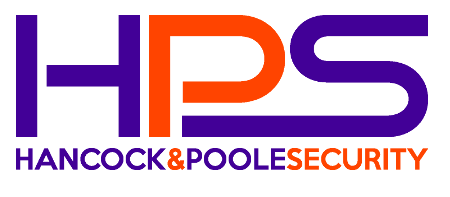Companies around the world are moving away from physical servers and onto cloud servers, but what are the risks of using enterprise cloud? Enterprise cloud offers several benefits, such as protection from natural disasters, faster computing, and the ability to work remotely. Unfortunately, this move also raises concerns about enterprise cloud security. After all, just as employees and customers can access data remotely from company servers, so might skilled hackers.
Compromised Data Integrity
When employees use cloud software to work on files, the information updates in real-time. Anyone with access to the files can make these updates, which might affect data integrity over time. While there are features in place to track changes, not all admins turn these on, and tracking each individual change per login can be time consuming as changes occur simultaneously.
The best enterprise cloud security protection here is to ensure the use of encrypted files and tracking functions. Routine backups of specific time-stamped versions of files is also a good idea.
Data Breaches
Data breaches cost companies and government agencies billions of dollars each year. Hackers have accessed everything from small business websites to information submitted to the U.S. Small Business Administration. Because of these cloud storage security risks, many companies still refuse to migrate to the cloud.
Encryption plays a role here. Ensuring data is encrypted means that even if hackers get their hands on information, it may be of no use to them as they cannot decode it. It is also important to encourage the use of strong passwords that are stored only in secure places, such as password managers, and changed frequently. A password policy should be in place and mandatory for employees to read, acknowledge, and adhere to.
Stolen Portable Devices
Whether companies put a bring-your-own-device policy in place or provide company devices, all portable devices can get stolen or misplaced. This creates another enterprise cloud security risk, as all data on the device becomes vulnerable. If the device is not company-issued, it might not have the necessary encryption in place. If BYOD is allowed, organizations should put controls in place to ensure data is secure, even if the device is lost or stolen.
Once again, encrypting the data on devices makes it useless to people who might try to access it. Some encryptions are so strict that the device wipes itself clean if the individual inputs the wrong password. Organizations should evaluate and implement appropriate mobile device data security methods.
Unsecured Networks
When people work remotely in any capacity, they need an internet connection to do so. This is true whether they check emails on their phones or download company files on their laptops. When people do this at coffee shops, gyms, libraries, or other places with open wireless networks, they create another enterprise cloud security loophole. Often, public wireless networks are unsecured, and data being transmitted is easily accessible.
A secure and encrypted connection is the best bet. Many companies provide software, subscriptions, and devices that allow for VPNs. Virtual private networks create private network connections even in public spaces to protect data.
Cloud computing is one of the greatest advancements in technology. It makes it possible for companies to hire whoever is best for the job, wherever they may be located, and continue to operate as a team. Even so, it is important to acknowledge and address cloud security risks. Hancock & Poole Security has been in the business of helping companies create safe and successful virtual teams for years. Contact us to see how we can help you achieve this.



